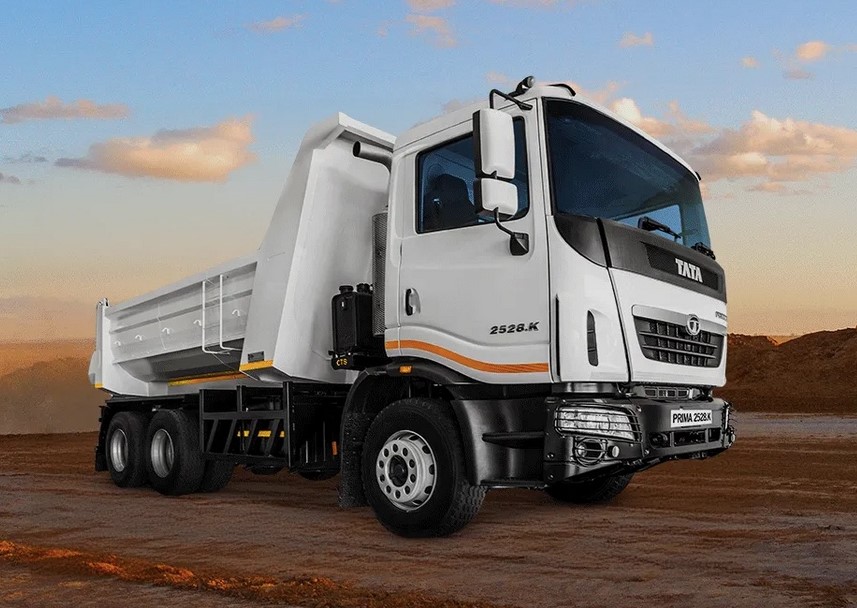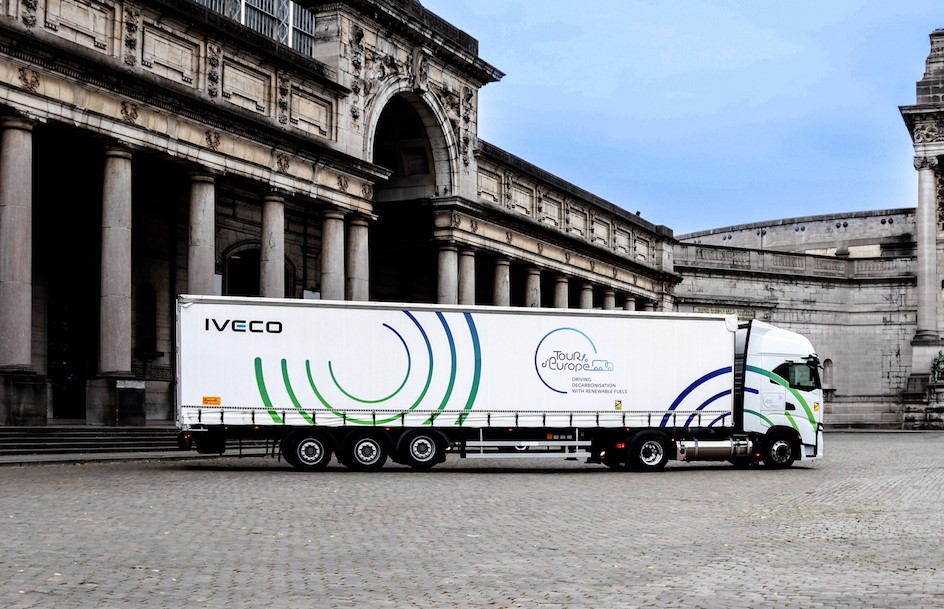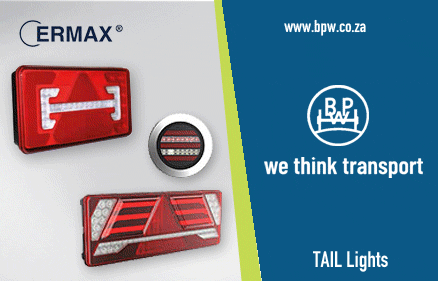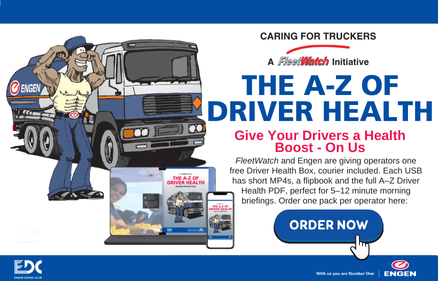Now here’s something we didn’t see coming. The commercial vehicle industry has just seen an Indian-Italian handshake that could change the competitive map – and the BRICS alliance may be one of the big beneficiaries writes FleetWatch correspondent Paul Collings.
Tata Motors is acquiring Iveco Group’s core commercial vehicle (CV) business for €3.8 billion (R77.9-billion) cash in a move that will create a global trucking titan with around 540 000 units sold annually, €22 billion (R451.2-billion) in revenues and manufacturing and assembly footprints across Europe, Asia, the Americas and Africa.
The deal, set to close in Q2 2026 pending regulatory approvals, will see Iveco’s defence arm ‘spun off’ before Tata pays €14.10 (R289,63) a share, plus an ‘extraordinary’ dividend from the defense arm sale worth an estimated €5.5 (R112,98) to €6.0 (R123.25) per share. (Rand values based on current exchange rate).
Iveco’s board is unanimous, major shareholder Exor is backing it with its 27.06% stake and Tata has full financing secured and ready to roll.
Strategic wins for all stakeholders
Tata chairman Natarajan Chandrasekaran calls the move “a logical next step… to compete on a truly global basis with two strategic home markets in India and Europe.”
According to the Tata/Iveco media release, the planned deal would unite two players whose product portfolios and capabilities fit together with almost no overlap in industrial or geographic reach.
Iveco chair Suzanne Heywood says the buyout unites “two businesses with a shared vision for sustainable mobility” and strengthens “the security of employment and industrial footprint of Iveco Group as a whole.”
By pooling supplier networks, the partnership aims to accelerate the roll-out of innovative, sustainable mobility solutions to customers worldwide. Management insists that both companies’ industrial footprints and workforce communities will remain intact, a factor they say will smooth the integration and preserve local strengths.
Girish Wagh, Tata’s Executive Director, states that the combination “unlocks new avenues for operational excellence, product innovation and customer-centric solutions…delivering sustainable transport solutions aligned with global megatrends.”
In an industry undergoing rapid change, the move marks a strategic shift for both sides. The merged group would stand on a broader, more stable global platform, gaining the scale to spread capital investment over higher volumes and tap operating efficiencies that cut cash flow volatility. It would also open new ground for Iveco Group’s FPT powertrain division to push its technology advantage even further.
Iveco CEO Olof Persson adds that the merger will “accelerate innovation in zero-emission transport” – a nod to Iveco’s push into carbon-neutral trucks powered by battery-electric, bio-LNG and hydrogen fuel cells.
For South African fleet buyers, the relevance is clear. With Iveco and Tata already present in our market, along with Tata’s global reach, the sourcing and specification of future trucks could shift in ways that deliver new benefits for Southern African truck fleet customers.
Editor’s comment: The next decade’s trucks will not just be about power and payload – they’ll be about emissions, efficiency and where the balance of industrial power lies. An Indian-Italian alliance inside a growing BRICS bloc is a sign of that shift. The final details are some time away but South African truck operators should keep an eye on how this new partnership unfolds in terms of meeting their specific needs, including ‘green’ trucks. Should the supply lines, the specs and the prices start to change favourably, those who are alert could well benefit.
The key, however, will be the merging of cultures. We all remember the Daimler/Chrysler deal which, while lauded at the time as one of the biggest ever seen, ended in the deal being scuppered with both companies eventually exiting from the deal and going their separate ways. One of the major difficulties was eating a hamburger and sauerkraut from the same plate. They just didn’t mix well. Now we’re going to see curry and pasta. Sure, they might go together if you toss them up well but, let’s see. One thing is for sure: We didn’t see this one coming. How the trucking world is changing.
Click on photographs to enlarge





